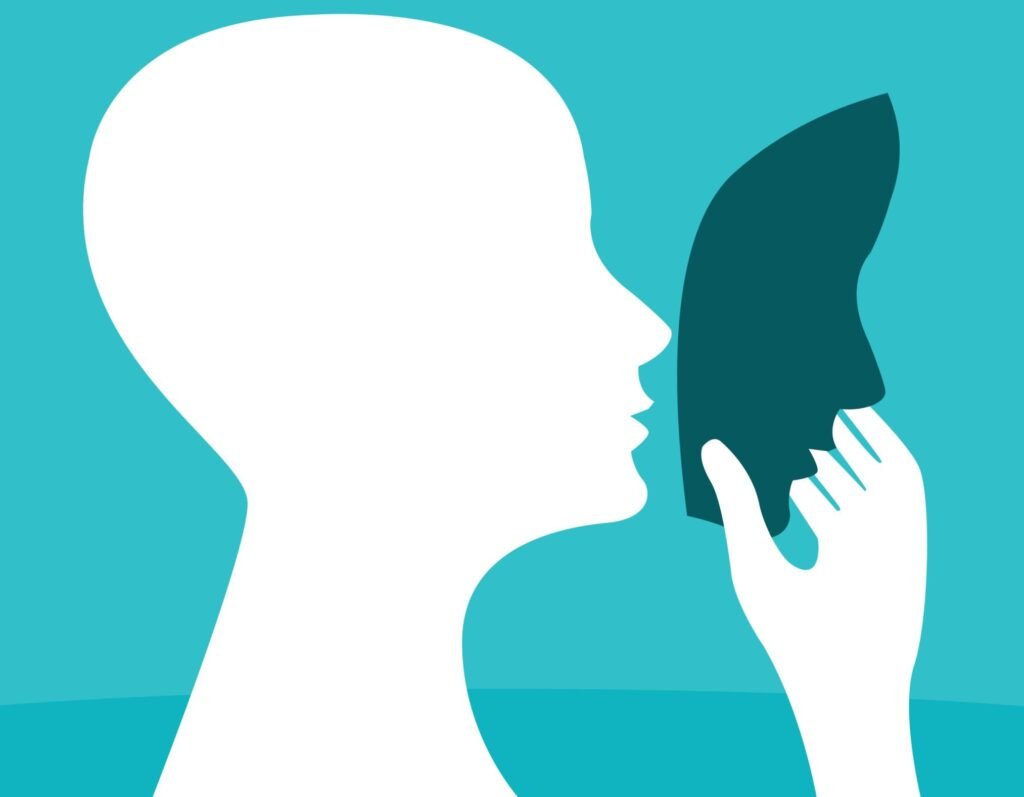Menu
By Mel Dean – Canadian revert, artist, writer, and small business owner.
I remember one of the first gatherings I attended after taking my shahada. Sisters were quoting hadiths in Arabic, discussing tafsir, and rattling off dua like they’d known them since childhood. I sat quietly, nodding, smiling—and inside, I was sinking.
“You’re not really Muslim.”
“You’re faking it.”
“They can all tell you’re an outsider.”
Those weren’t their voices. They were mine. The imposter in my head was loud—and relentless.

Imposter syndrome isn’t unique to Islam—but it hits converts in an incredibly specific way.
In a 2021 study published in Mental Health, Religion & Culture, researchers found that many reverts experience chronic self-doubt around their religious identity, especially when surrounded by born-Muslims. This leads to feelings of religious inadequacy, anxiety, and withdrawal from the community.
A sister in a Reddit revert forum put it plainly:
“When I wear hijab, I feel like I’m cosplaying. When I don’t, I feel like I’m failing.”
That hit me hard—because I’ve felt both.
“Allah does not burden a soul beyond that it can bear.” (2:286)
“Teach me.”
And people responded with kindness.
“ The Surprising Solution to the Imposter Syndrome”
Watch here
One quote stayed with me:
“You are enough because you said yes to Allah when it was hardest.”
Some days I still fumble through prayers or forget how to pronounce certain phrases. But I know this:
I’m not a fake or bad Muslim. I’m a constantly evolving and improving Muslim.
My struggle doesn’t disqualify me—it proves me.
If you’re a revert reading this and you feel like an imposter…
I promise you’re not alone. This blog, my art, my platform—they all exist to remind us:
You belong.
You are a real Muslim. And your Islam is just as beautiful, valid, and sacred as anyone else’s.
Copyright © 2024 Limitless Muslim. All rights reserved.